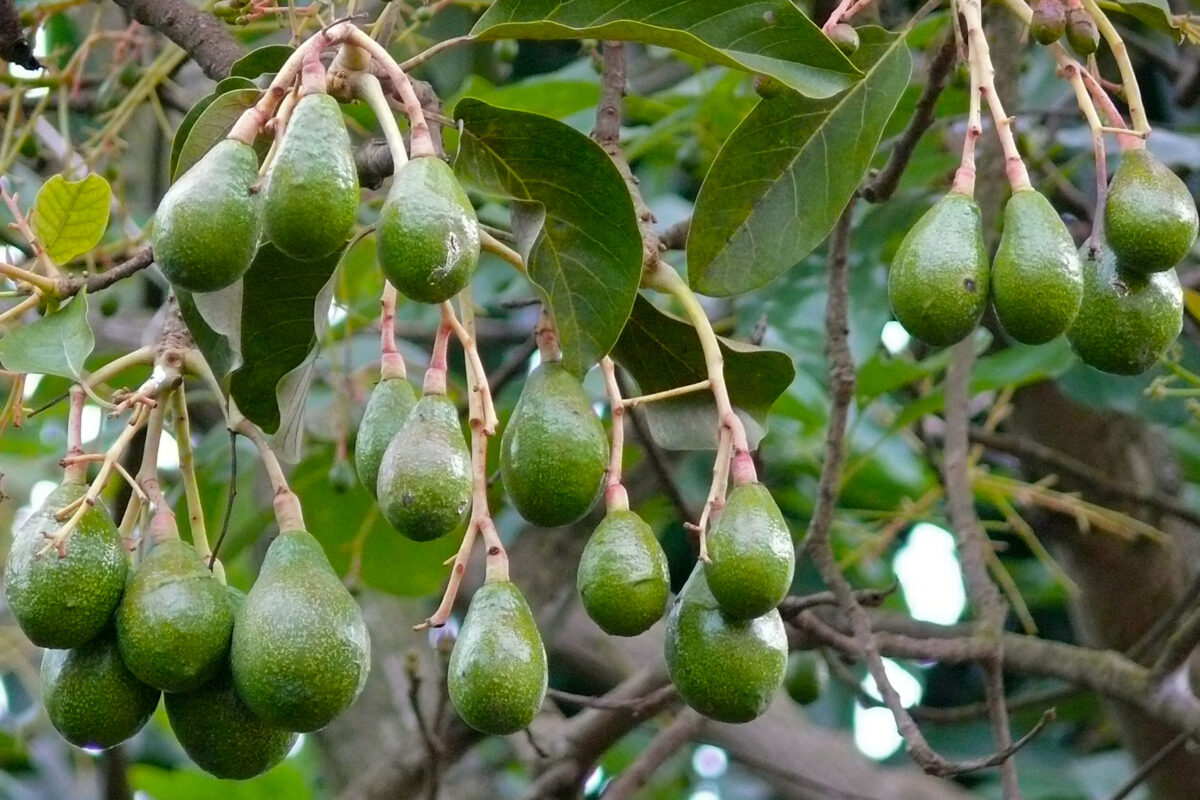The growing demand for avocados in the US has led to significant socio-environmental consequences in Mexico, where most of the supply comes from. A New York Times report published recently addresses these issues and cites research conducted by former UT Austin graduate student Audrey Denvir, COLA faculty members Eugenio Arima, Ken Young, and Rebecca Torres from the Department of Geography and the Environment, and collaborators from Universidad Nacional Autónoma de México.
The studies cited in the report examine how the expansion of avocado plantations has caused deforestation and loss of biodiversity and attracted the interest of organized crime groups. The team has recently been awarded a new NSF Grant (Human-Environment and Geographical Sciences Program) to study the link between this lucrative export commodity from México, environmental degradation, violence, and forced displacement or rural workers and small landholders. According to associate professor Eugenio Arima, “It is essential to know how markets can create not only environmental externalities but also social externalities, as crime and violence flourish in the absence of effective institutions. We are conducting policy-relevant research that hopefully will result in science-based recommendations for sustainable production and consumption of commodities, conservation of ecologically dwindling important areas, and protection of human wellbeing both within the growing regions and at the US border with refugees.”
